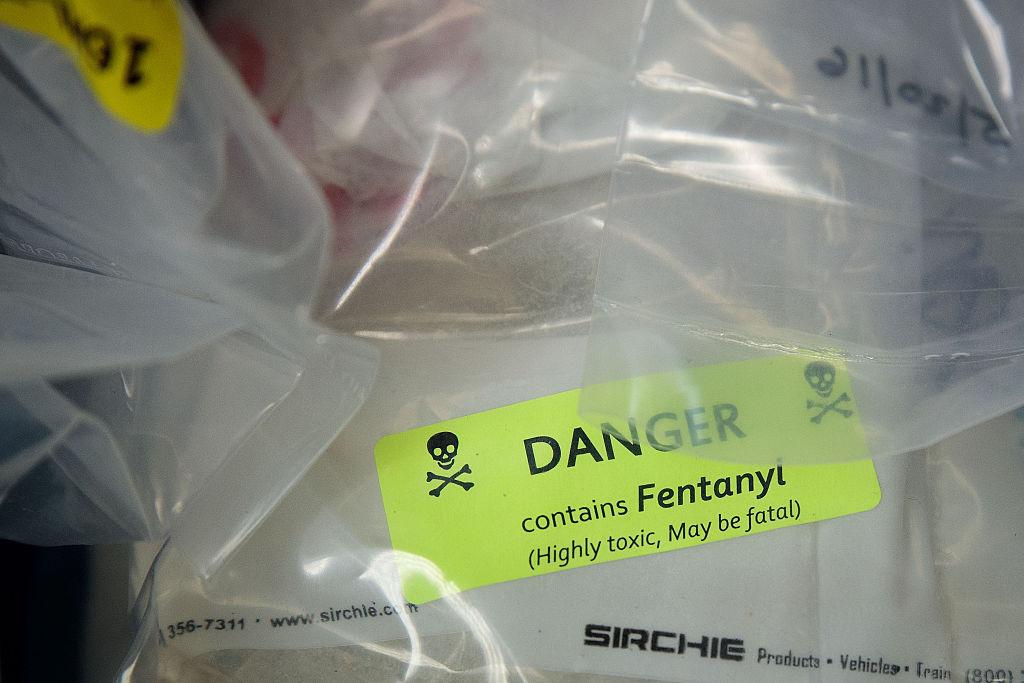U.S. Reps. Chris Smith (R-N.J.) and Thomas Suozzi (D-N.Y.) have introduced legislation to tackle the flow of fentanyl into the country from China, which has contributed to the current opioid crisis.
“Chinese-made fentanyl is ending up on our streets and the human cost is real—over 29,000 overdose deaths in 2017 were fentanyl-related,” Smith said in a statement from his office, citing data from the U.S. Centers for Disease Control and Prevention (CDC).
Fentanyl, a synthetic opioid, is 100 times more potent than morphine and 50 times more powerful than heroin, according to the CDC. As little as two milligrams is considered a lethal dosage for most people.
And, according to a 2016 report by the U.S. Drug Enforcement Administration (DEA), there was a 79 percent increase in U.S. deaths related to synthetic opioids between 2013 and 2014; that trend has continued to climb. DEA published another report in September 2018, noting that the vast majority of illicit fentanyl-class substances and synthetic drugs coming into the United States are manufactured in China.
Legislation
The new bill, named “Combating Illicit Fentanyl Act of 2019,” would require the departments of State and Treasury to jointly submit a report to appropriate congressional committees—such as the Foreign Affairs and Financial Services panels—to identify persons and Chinese officials “involved in the production of fentanyl and its trafficking into the United States.”
The measure calls on the U.S. president to impose financial sanctions against any identified individuals or to make them ineligible for visas or admission to the United States, under existing laws that grant the president such power.
The individuals could also be held accountable under the Global Magnitsky Act, according to the press release. Passed into law in 2016, the Act allows for sanctions against individuals who commit human-rights violations, including freezing their U.S. assets and barring them from entry to the United States.
“Our law enforcement agencies are doing all they can, but the Chinese government seems to have little interest in stopping the flow of this deadly substance across our borders. This bipartisan bill will help hold China accountable for its contribution to the opioid epidemic in our country,” Suozzi said in the release.
Smith said in an email to The Epoch Times that the Chinese regime allows fentanyl to be exported to the United States because it “is a weapon in an asymmetric warfare campaign.”




